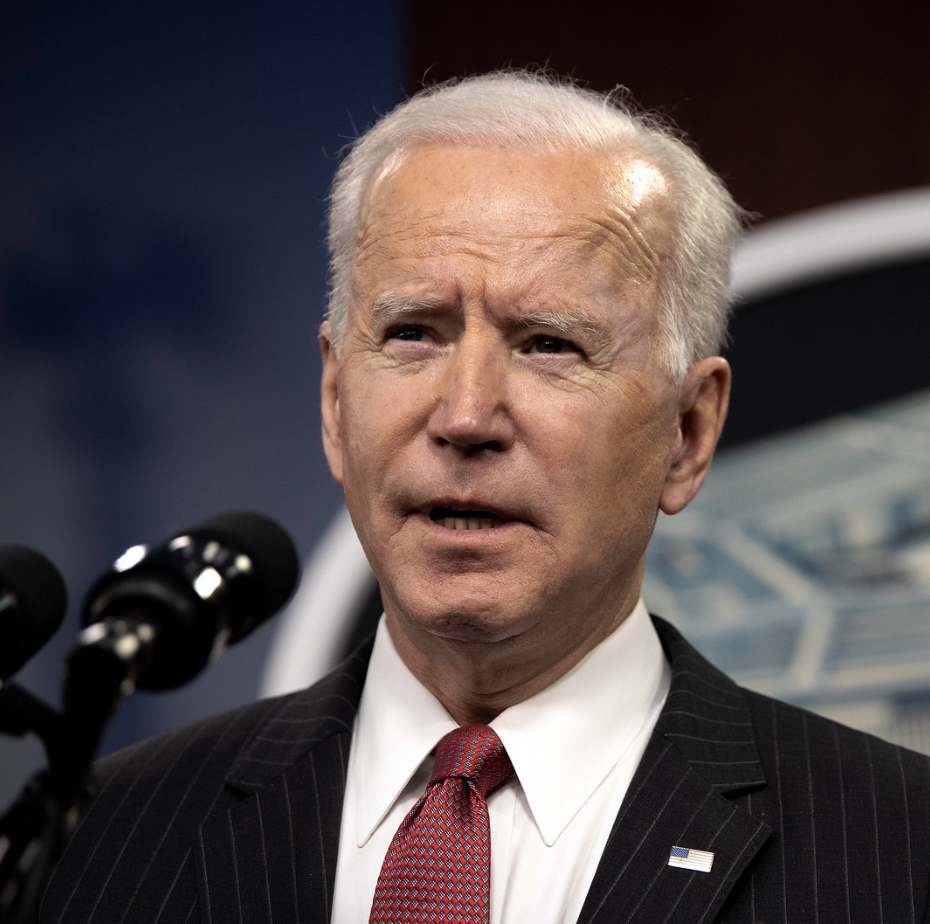Fix the Court Reacts to President Biden's Wrongheaded Veto of the Judgeships Bill
Fix the Court’s Gabe Roth released this statement following President Biden’s veto of S. 4199:

“President Biden’s veto of the JUDGES Act is an embarrassing end to what has otherwise been, from many court-watchers’ point of a view, a productive four years of reshaping of the judiciary.
“I get that the President is sad his Vice President lost the election, and he’s upset the House didn’t move faster to pass the bill. (The Senate’s delay was, in fact, longer.) But Biden’s decision not to sign bipartisan, good-government legislation and double-down on easily disprovable lies — Congress did, in fact, explore how senior status and magistrate judges affect the need for new judgeships — does his legacy no favors.
“As federal court litigants from Delaware to Arizona and from central Florida to central California wait longer and longer in the coming years for their cases to be resolved, they will have President Biden to thank.”
Biden’s statement is inaccurate in several ways, but two examples are worth highlighting:
1. Senior and magistrate judges
The appointment of magistrate judges is political. Any chief district judge can request that their district gets new magistrates at any point, and the judiciary can then simply add them to the annual budget request, which typically gets approved by Congress, albeit in CR form. It’s often more about power than need. Senior judges can leave their courts (or, say, die) at any time, and though some are near full capacity, many of them, per Fix the Court sources, do not carry the 25 percent caseload floor they are supposed to be carrying and instead hear a few cases a year between rounds of golf in warmer climes.
2. Timing math
It took longer for the Democratic-led Senate to get the bill from Committee to the floor (19 in-session days) than there were in-session days (just 13) between Senate passage and the election. What’s more, many Democrats wanted JUDGES to be part of the NDAA, which everyone agreed was to be (and was) a post-election proposition. Make it make sense.